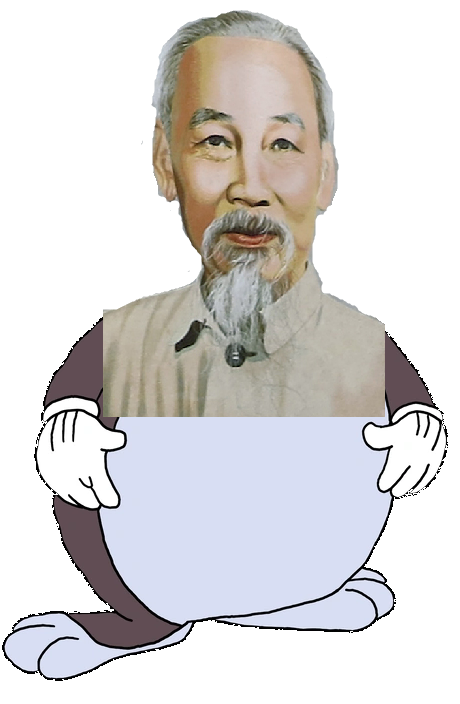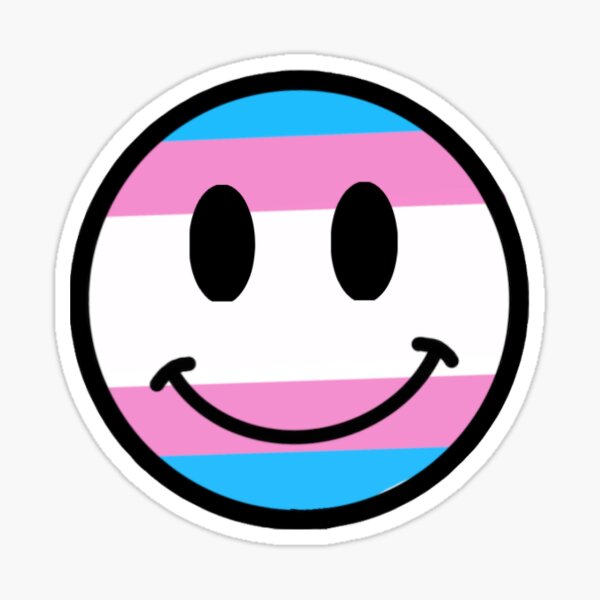I understand that not all languages have gendered pronouns, but am curious if Hexbear's pronoun tags could be repurposed for other gender-equity uses in any other languages
For example, maybe some communities list different word suffixes or just list their gender explicitly?
I've wondered this too. The other day there was a post about a Japanese game dev with a NB character. Apparently in Japanese it is viable to avoid pronouns altogether, which I think is kind of neat.
I wonder if there are languages with no grammatical gender.
I don't know if they lack grammatical gender, but the Finno-Ugric languages as well as Turkish only have a single, gender neutral pronoun which they use for everyone
Nope, grammatical gender nonsense isn't a thing in Finnish. How did you Indo-European types even come up with that shit
Yeah, but that doesn't explain languages that have three or four genders. That's just being sadistic to people who are trying to learn them
grammatical gender can get really weird once you're at categories for non-human stuff. Most indo-european languages stick to one gender for all inanimate objects, but there's languages with different genders for animals, plants, tools, even for differentiating between wild and domesticated animals and stuff like that. if you hear "that language has 7 genders", it doesn't necessarily mean they have any grammatical gender for nonbinary folx. it may just be that a chair uses different suffixes than a corncob.
Most indo-european languages stick to one gender for all inanimate objects
German certainly doesn't, neither does French AFAIK. Some things are just randomly male or female
they both started from a system that assigned grammatical categories based on animacy, added a category to split male and female, and usually dropped the inanimate category (or started calling it neuter). why this happened has never made any sense to me.
yeah, they don't apply these genders consistently at all to further complicate things.
Cree splits it into animate and inanimate, which makes way more sense to me. Although it isn't clear cut, lol, while all people and animals are animate some stuff is considered also to be animate like feathers. Just gotta memorize which is which.
Yeah most of them. Except every romance language and every germanic language.
At least English got rid of grammatical gender, although unfortunately still kept gendered pronouns
I think that still counts as grammatical gender, just an extremely truncated version even compared to German.
it started as a way to track animacy or inanimacy of objects. then for some reason a bunch of groups decided that it wasn't just important if things were animate or not but also gender. a lot of these languages then dropped the inanimate category after or began to refer to it as neuter. I don't know why this division happened. I just know linguists study this and that the genders rarely correspond to the actual sexes of any animals.
Maybe someone who speaks Japanese can correct me, but I think it only has gendered first person pronouns and even those are kinda loose
You are correct about first person pronouns but, in a cruelly ironic twist, there actually is a he/she distinction that was made to imitate European languages (I assume specifically Portugeuse).
Chinese uses gendered pronouns in writing but not in speech (他, 她, and X也 are all pronounced "ta"). Seems that pronoun tags would be more useful in online situations than irl. "What are your pronouns?" would be a very silly question to ask someone verbally.
“What are your pronouns?” would be a very silly question to ask someone verbally.
person 1: "My pronouns are ta/ta/ta de"
person 2: "oh really? So are mine!"
“X也” is sometimes used as a (very new and modern) non-gendered pronoun, using an X where 他 has 人 and 她 has 女. 它 is just for inanimate objects right? It's like "they" vs "it" when referring to someone.
谢谢
Why a letter from the latin alphabet though?
It seems to fit with Chinese language patterns as well as Latinx does Spanish. Surely there already exists a character that's closer?
Yeah there's probably a better way, idk. I'm just some yankee who is trying to learn the language and needs to be able to communicate queer topics. As I understand it, it's still more common to just use 他 neutrally, or just "ta" in latin characters. But sometimes you want to be able to convey non-binary status in written language, so I can see X也 being useful in queer spaces.
According to a lot of Spanish-speakers, Latinx doesn't fit with Spanish either. Some say "Latine" is better because it's actually based on Spanish grammar and word-formation.
That was my point.
I'm not familiar enough with Chinese to say which, but I'm sure that among the like 200 component characters, one of them has to be more suitable than "X"
Oh, my mistake, I thought you were contrasting the relative appropriateness of each rather than comparing! Yes, I agree completely.
I find this pretty funny since Chinese didn't have gendered pronouns until the west introduced it, everyone was just using 他 for any gender.
They went a bit wild for the proliferation of pronouns in the 20th cent. In addition to the tow gendered pronouns and the one for inanimate objects, there’s also 牠 for animate objects and 祂 for deity. The last two are more or less defunct nowadays
I’ve seen the use of “TA” (spelled out in pinyin) as a general gender neutral pronoun in writing online, fairly widespread I’d say
I'm by no means an expert on the Czech lgbt community, most the stuff I've read is online and tbh my writing and grammar abilities in Czech are abysmal despite being able to fluently speak it fine, but afaik we do have 'stating pronouns' thing that is actually just normal for the whole population, and we have people that advocate for the use of neuter pronouns for individuals. Best translation is 'they'. But our last names are usually gendered (re: Fiserova would be a woman who has a last name Fiser, and is a woman because of the -ova). Its not completely unusual for last names to not follow this convention, someone could just have the last name of Fiser but this is generally more masculine. But if you wanted to go ham on gendering yourself as a binary person, just change your last name to the correct ending and you basically are stating your pronouns outright without sounding weird. Fun fact! So just say 'Hi I'm Kristina Kristinova!' and now they know for certain youre a girl. Can always fudge the last name if it isnt written that way on your docs, which is common. When it isn't denoted they'd have to state theyre enby in some way, so the stating your pronouns thing is more on the enbies than for other binary trans people.
Afaik this is common for most Slavic areas
It's not really a thing in ASL because it doesn't have to be. ASL has spatial pronouns rather than gendered (as in, the first time you refer to someone in a given conversation, you establish that a particular direction or area of your signing space is for referring to them). Sidesteps the whole pronoun issue entirely.
The more difficult thing is how gendered signs work. In ASL, feminine signs (woman, mother, girl, etc) are done at the chin and masculine signs (man, father, boy, etc) are done at the forehead, and there was a bit of confusion for a while for how you would even do gender-neutral versions of those signs- even "parent" was just signing mother and then signing father. But recently, people have settled on doing gender-neutral signs at the cheek (so, e.g. the gender-neutral parent is done by doing the same motion as in the gendered one, but going from the cheek to near the ear, rather than from the chin to the forehead)
In Spanish where I live it's definitely used, in certain context people introduce themselves and state their pronouns.








